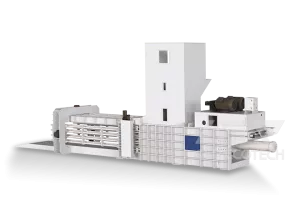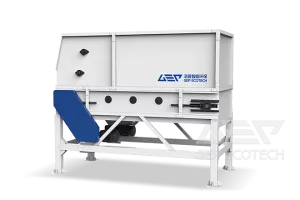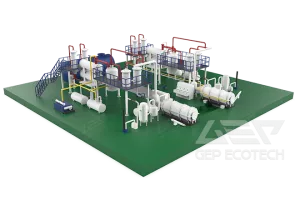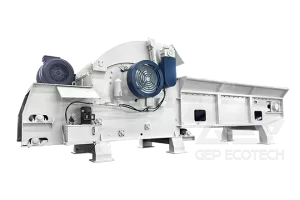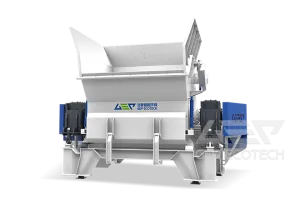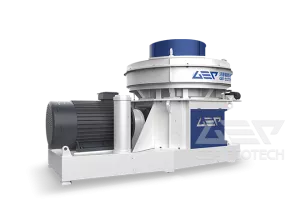In the context of the national double-carbon policy, all walks of life are actively seeking ways to reduce carbon. The cement industry, as a major carbon producer, undoubtedly has to take the lead. The carbon emission reduction of the cement industry plays a crucial role in the carbon emission reduction of the entire industry. All the major cement companies have been exploring good measures to reduce carbon. We all know that in the production process of cement, the process of fuel combustion is the highest carbon production link, and the combustion of fossil fuels will produce a lot of carbon emissions. Therefore, the most efficient way to reduce carbon is definitely in the link that produces the most carbon. Under the current technology, the more mature is to use alternative fuels instead of fossil fuels to reduce carbon emissions. The use of alternative fuels is a way to make less changes to the original cement production line, on the one hand, reduce carbon emissions, and reduce fuel costs.
Therefore, in this context, major cement factories are actively constructing alternative fuel processes, or purchasing alternative fuels, or building their own alternative fuel production lines. So what kind of alternative fuels do cement plants need?
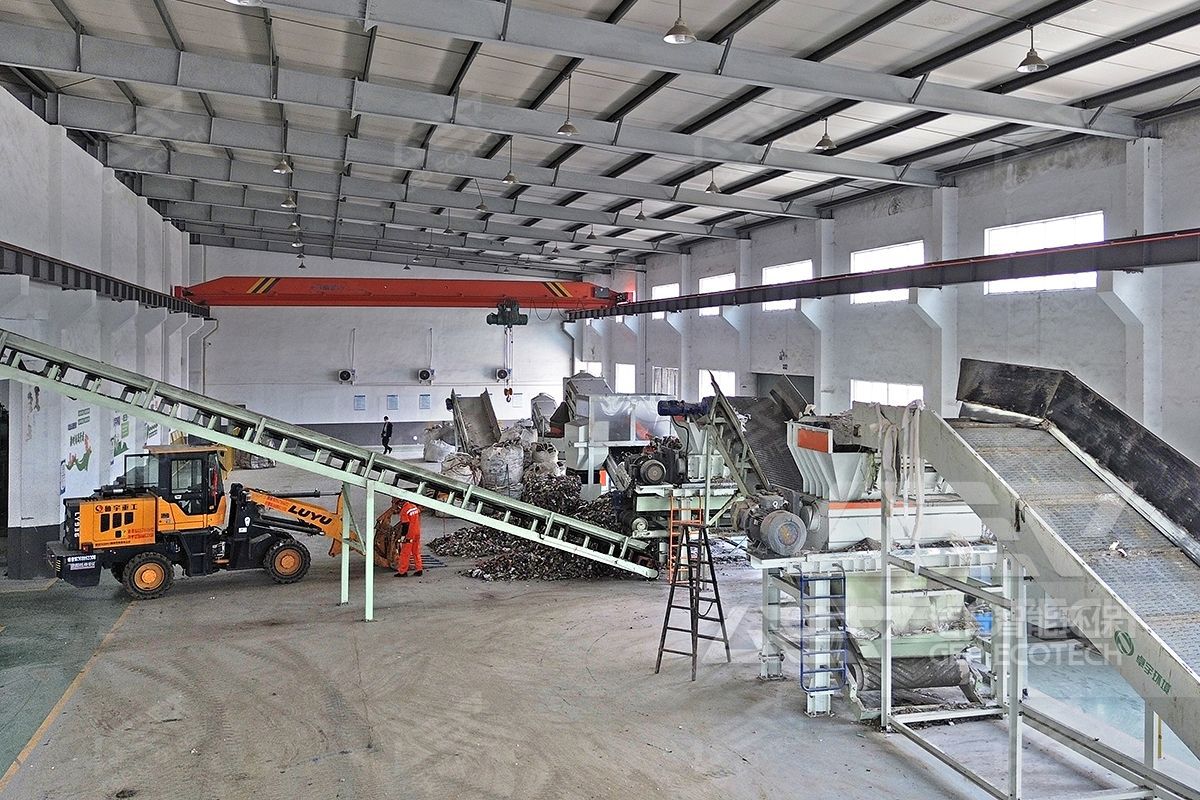
First of all, the calorific value should be high, high calorific value to improve fuel efficiency, that many materials can be used as alternative fuels, such as waste tires, general industrial solid waste, household waste, hazardous waste, etc., their calorific value is very high, very suitable as an alternative fuel for cement kilns. But the cement kiln burning these alternative fuels are also required, usually these industrial solid waste, domestic waste, biomass and other raw materials need to go through crushing, impurity removal and other processes to ensure the purity of these raw materials, so as to improve the heat of alternative fuels; Secondly, the water content of alternative fuels should not be too high, and it is best to control it at about 10%, which can also make alternative fuels burn more fully.
As an equipment manufacturer focusing on the overall solution of solid waste treatment, GEP ECOTECH has been actively carrying out technological innovation to optimize the alternative fuel preparation process and equipment in the context of dual carbon, hoping to help the cement industry better green development and jointly contribute to China's environmental protection cause.


